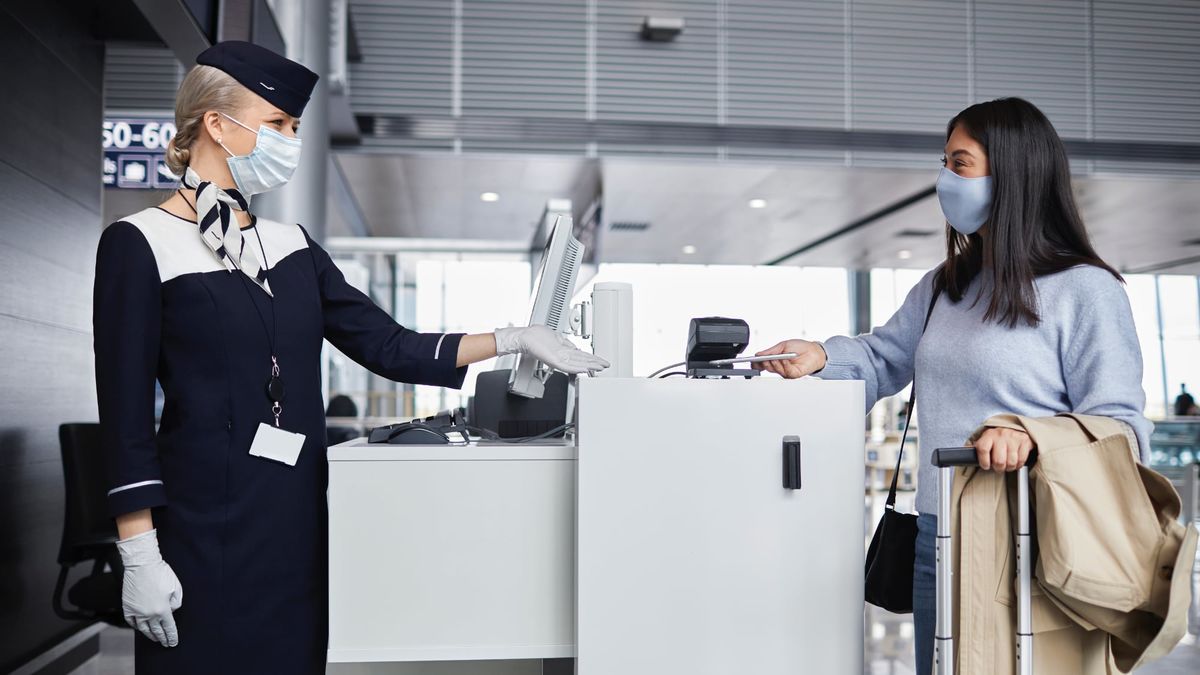Australian approval of Pfizer vaccine expected next month
Local availability of the heralded Covid-19 vaccine remains on track, says Federal Health Minister.

Australia could see the Pfizer-BioNTech vaccine approved by January 2021, ahead of a nationwide rollout from March, according to federal Health Minister Greg Hunt.
However, Hunt stressed that the assessment of the Covid-19 vaccine will be made on scientific rather than political basis, with the government's independent Therapeutic Goods Administration "providing data for safety and efficacy as part of the approval process."
The UK has approved the Pfizer vaccine, which is claimed to be 95% effective, for distribution from early next week, with the USA and Europe also weighing up their respective plans.
The Australian government has earmarked 10 million doses of the Pfizer vaccine, alongside three other promising candidates from Oxford/AstraZeneca (34m), Novavax (40m) and the University of Queensland (51m),.
Injections will be free to all Australians and Medicare-eligible visa holders, although they won't be mandatory.
Also read: 'Airlift of the century' to distribute vaccine around the globe
First jabs from March
In a statement issued this morning, Hunt said that Pfizer remains "on track for vaccine delivery once it is approved for use in Australia by the independent regulator."
"Our advice remains that the timeline for a decision on approval is expected by the end of January 2021, and our planning is for first vaccine delivery in March 2021."
Those 10 million doses of the Pfizer vaccine would cover a maximum 5 million people, given the vaccine requires a two-jab regime – one as a starter, the second as a booster.
Under the government's National Vaccination Policy, shots would first be issued to front-line healthcare and aged care workers and quarantine staff whose jobs put them at increased risk of exposure and transmission.
Next on the list will be people with a heightened risk of contracting a severe case of Covid-19 due to their age or underlying health conditions.
Injections will then roll out to what are described as "essential services workers": a group not yet fully defined but encompasses "key occupations" providing services "critical to societal functioning".
With those three bases covered, any member of the public – a group highly likely to include would-be overseas travellers – could line up for a shot.
"Our national goal is to ensure that all Australians who seek to be vaccinated are vaccinated by the end of 2021," Hunt said, adding that "we will not be out of this until we have a nation which has had a full vaccination program."
Mandatory vaccination for travellers
Visitors to Australia may be required to show proof of Covid-19 vaccination, and Qantas CEO Alan Joyce has indicated the airline will make vaccination compulsory for passengers heading overseas once the airline resumes international flying next year.
"We are looking at changing our terms and conditions to say for international travellers, that we will ask people to have a vaccination before they can get on the aircraft," he revealed on November 24.
The prospects of mandatory vaccination on domestic flights would depend on "what happens with COVID-19 in the market, but certainly for international visitors coming out, and people leaving the country, we think that's a necessity."
Joyce added that proof of vaccination could be stored in an electronic 'digital passport' which is already under development by airlines and governments around the world.
Read more: Qantas CEO sees mandatory COVID vaccination for international flights

24 Oct 2010
Total posts 2563
Comments on this article are behind held for moderation: readers are asked to ensure their comments are considered, informed and add value to the conversation (ie, no uninformed anti-vaxxer rants).
14 Oct 2016
Total posts 115
All this talk about about smart phone apps with vaccinations is a bit of a red herring as I don't think we'll see this universally adopted straight away.
The pre-existing yellow card system (International Certificate of Vaccination or Prophylaxis) will become a mandatory requirement for international travel in the next couple of years.
31 Jul 2018
Total posts 24
If the TGA says it’s fine I will be front and centre for my jab. We are TGA accredited to do the testing of donor samples for organ transplantation. They are extremely thorough. We will be in the first wave to get the vaccine and then it’s 4 weeks of leave and onto a plane. Can’t wait for travel to become the new normal again.
American Airlines - AAdvantage
13 Jul 2015
Total posts 274
Yes, I agree, it needs to be TGA tested and approved before I even consider taking it. I'm all for it, however there is a potential risk to the first batch as I understand, TGA testing will certainly help ease any worries.
I suppose the good thing is that you won't have to sit on a plane next to an anti-vaxxer in the future - but I wonder if masks will be around for a long time or not?
09 May 2020
Total posts 574
TGA in general doesn't test the vaccine or drugs; they do not have resources to do that kind of quality assessment. They largely rely on information provided by those sponsors who want to list the drugs or vaccine. When more information is needed they will require the company to do that research. If there is not enough info they will either give conditional listing approval (pending further research) or reject the application.
07 May 2020
Total posts 151
Let's see if getting the jab and presenting your certificate also gives you an immediate "get out of quarantine on arrival" card. I suspect that each of the state health advisers are actually going to say "... not so fast, we need to see how this is all going first before we consider relaxing quarantine rules".
Hi Guest, join in the discussion on Australian approval of Pfizer vaccine expected next month